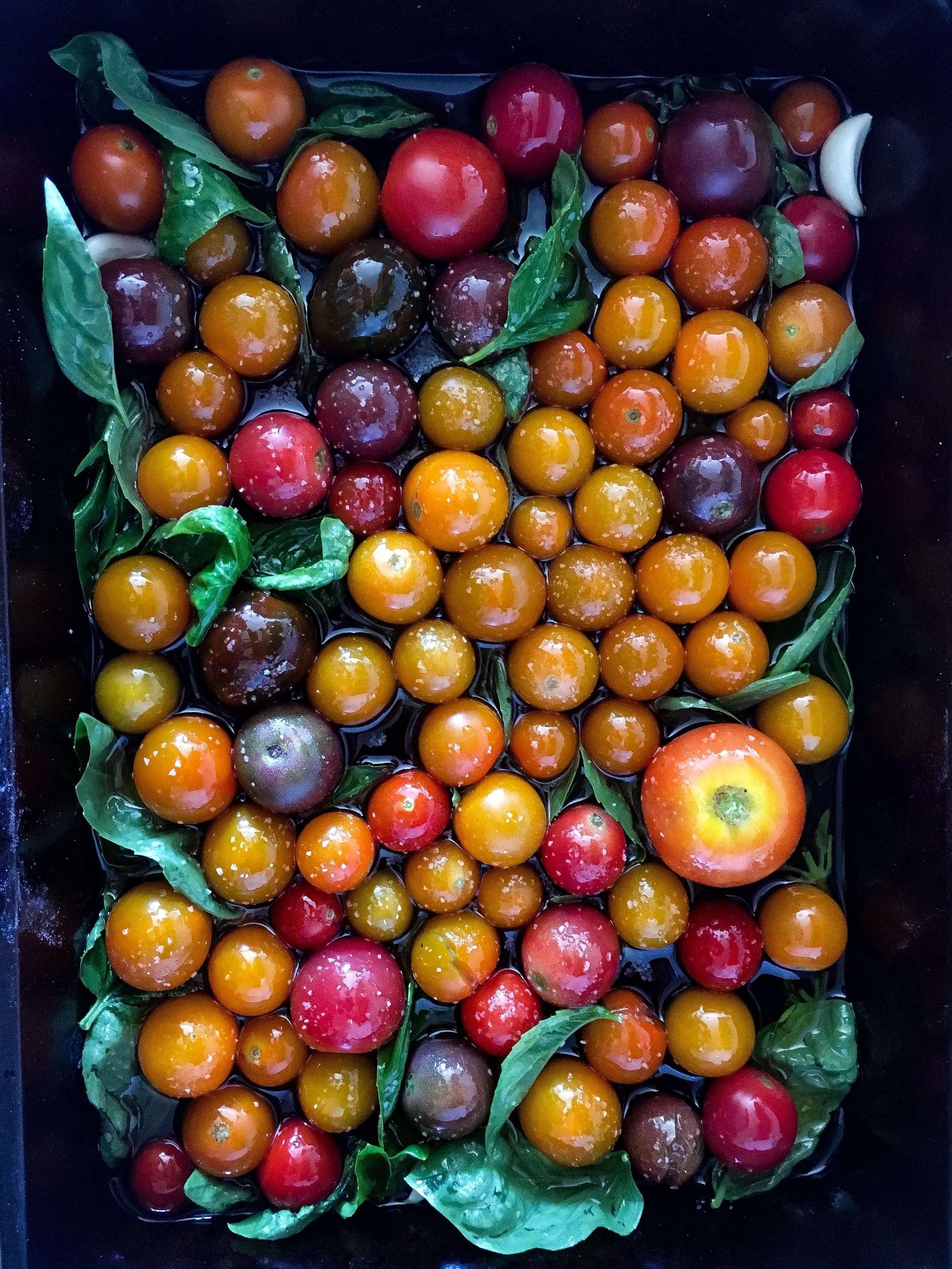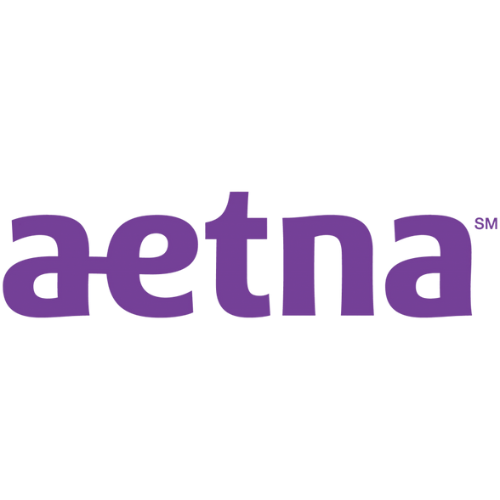
a
CALM, COLLABORATIVE, INCLUSIVE
ENVIRONMENT
navigate nutrition during late-stage capitalism without losing your damn mind
Do you have IBS, IBD, SIBO, Celiac, or other digestive issues like reflux, bloating, or bowel movement challenges?
Could you use help managing Prediabetes, Type 2 Diabetes, or high cholesterol?
Need nutrition support during Gender-Affirming Hormone Therapy or Gender-Affirming Surgeries?
Is ADHD leading to scattered meal timing and difficulties with meal balance?
Would support around perimenopause lift a weight off of your shoulders?
Could you just use some support managing food between the chaos of the day-to-day?
Insurance Coverage can mean $0 for optimal nutrition care
⇎
Insurance Coverage can mean $0 for optimal nutrition care ⇎
Of all the places to find yourself on the Internet, I’m glad you’re here!
I’m Tina Ralutz, MS, RD, LD. For work, I’m a Registered Dietitian and trained chef. I used to work in the food industry as a catering cook and personal chef until a life-changing health experience shifted my path. Now, I counsel clients virtually in 1:1 appointments and am available to teach nutrition and/or culinary classes (virtual or in-person).
My approach is trauma-informed, weight-inclusive, gender-affirming, culturally-inclusive, realistic, and delicious.
Beyond helping clients manage symptoms and conditions, I also spend a significant amount of time helping folks cut through nutrition misinformation.
If you’re feeling confused by all the supplements, superfoods, powders, products, the conflicting messaging, and slick marketing behind it all, you’re not alone.
Let’s spend some time together to simplify, streamline, and create a little more calm and support around food, being in a body, and the daily grind.

Who could benefit from a calmer approach to nutrition?
Nutrition encompasses what we eat, when we eat, how we eat, how we feel about what we eat, and other lifestyle factors like movement, exercise, and sleep. It’s a lot to juggle, which is why a supportive, sustainable approach makes all the difference. Effective nutrition care thrives as a collaboration to avoid making too many changes at once, which often leads to cycles of overwhelm, shame, guilt, and falling back into old habits.
To prevent this, here are some ideas for..
Healthcare Providers (MDs, DOs, NPs, PAs, RNs, NDs, etc.)
Why nutrition referrals matter:
It’s critical to understand that nutrition goes beyond telling people what to eat and what not to eat. It’s a personalized, patient-centered process that factors in daily life, cultural backgrounds, relationship to food, health conditions, habit building, and more.
Calm TF Down Nutrition offers quick, evidence-based in-services (15-30 minutes) on the impact of nutrition referrals. Learn how partnering with RDs and CNSs benefits both patients and providers, helping improve patient outcomes and building a stronger, more collaborative healthcare field.
People with symptoms and/or diagnoses
Struggling with symptoms or a new diagnosis? Feeling lost in a sea of restrictive diets and endless supplements? A Registered Dietitian can help you cut through the confusion with clear, evidence-based strategies tailored to your needs so you can feel better without the guesswork.
People with no health concerns, just overwhelm
Life can feel like it’s moving at lightning speed. A nutrition professional can be a go-to support for strategies around meal planning, helpful mealtime practices, movement, and other key health-protective practices.
Learn to cut through nutrition hype and choose products that actually work for you, not just the ones with the best marketing.
Nutrition can be more than a meal plan
-
Nutrition can be more than a meal plan -










